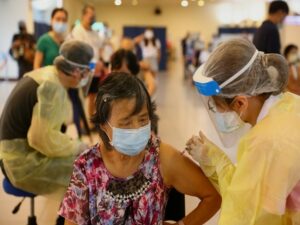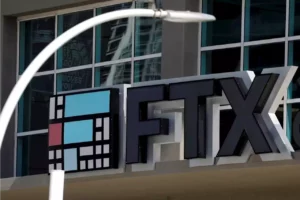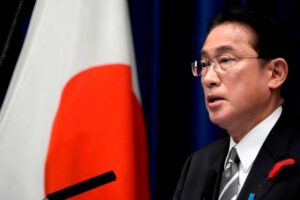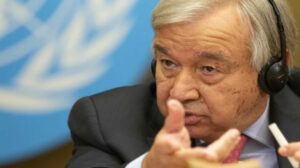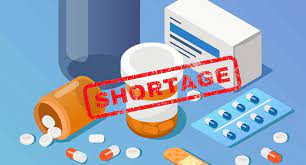
Sri Lanka’s healthcare sector still lacks over 150 essential medicines
Although Sri Lanka’s economic crisis has eased a bit, it is still affecting those who are able to afford higher living expenses. However, officials and doctors continue to warn that the country’s healthcare system continues to be affected by shortages.
The health sector still lacks over 150 essential medicines despite international lending agencies and bilateral partners, particularly India, pumping in emergency funds. Dr. D.R.K. said, “We are doing our best to keep an optimal level of supplies. But there is a shortage.” Herath, Deputy General Director of the Health Ministry’s Medical Supplies Division.
The current supplies are much better than the dire shortages of fuel, food, and medicines that Sri Lanka suffered earlier in the year, when the government ran out on dollars.
Despite this, many of Sri Lanka’s economic fundamental challenges remain. October’s headline inflation was 66% and food inflation was 85.6%. Although Sri Lanka had hoped that the International Monetary Fund’s External Fund Failty (IMF) would be completed by the end this year, it may take longer as Sri Lanka’s efforts at restructuring its debt — which is a prerequisite for EFF — seem to be delayed.
Hospitals are now using a centralised supply system and coordination among themselves to deal with the shortage of drugs. However, the shortages are an “important” factor in the day to day functioning of the country’s health sector, according to Dr. Surantha Perera (Vice-President, Sri Lanka Medical Association), a national professional body for doctors.
Doctors said that drugs used to treat cancer are not in sufficient supply. They also pointed out a shortage of medical equipment and reagents needed for laboratory tests and investigations. They observed that surgical supplies are insufficient and that servicing medical equipment is becoming more difficult. Dr. Perera stated that although it is difficult to quantify the effect of these shortages on medical care, we can say it has an impact on the quality of the care.
To cope with the crisis, medical professionals raise funds from abroad and within the country and work with the Health Ministry to source drugs.
More than 80 percent of Sri Lanka’s medical equipment is imported. The island nation imported over $800 million worth pharmaceutical products in 2021.
Sarath Liyanage (chairman of the State Pharmaceutical Corporation) stated that India has been Sri Lanka’s major supplier of essential medicines for many years. Sri Lanka still relies on Indian companies for essential drugs. Ranil Wickremesinghe Government has allocated $200 million to this purpose from the nearly $4 billion Indian assistance to Sri Lanka. “But, there are some administrative delays which affect rapid supply of the medicine,” Mr. Liyanage stated, pointing out the complicated trail of paperwork required to procure drugs through the facility.
Prasannkumar is a passionate digital marketer and devoted team leader. He loves trying out and sharing the latest knowledge about industry trends, market growth, and keyword analysis with new google and other search engines algorithm. He effectively knows how content feeds into different subsets of the marketing plan and grasps how to develop and share the content assets on the right channels.
